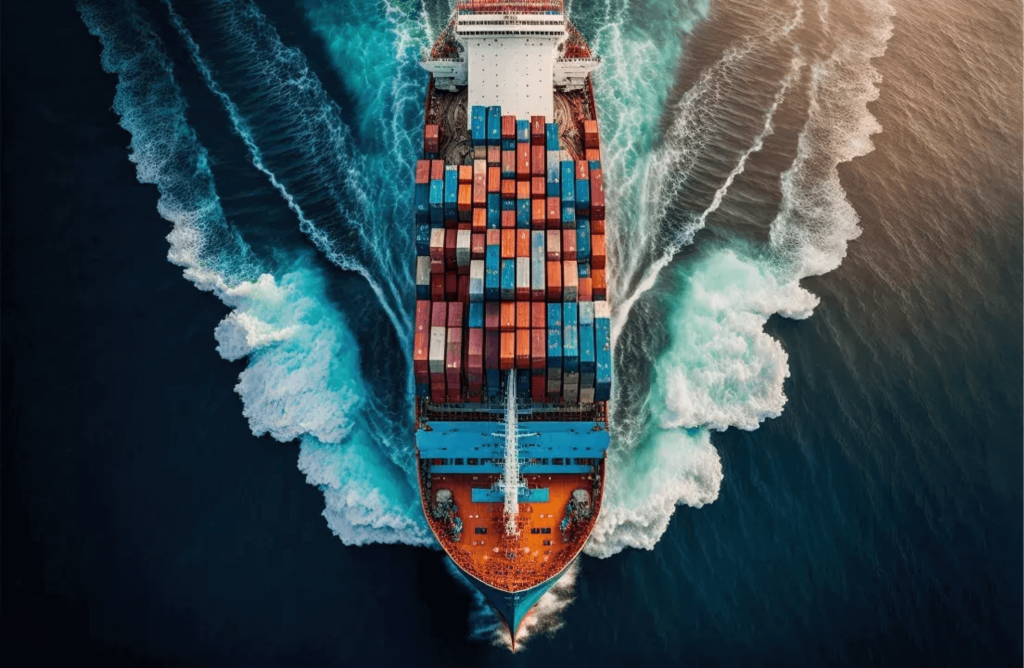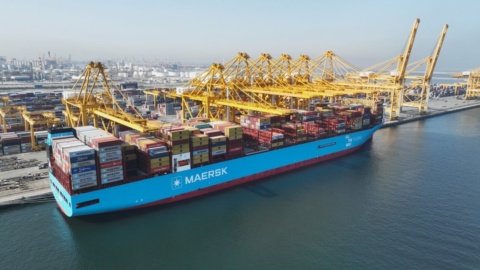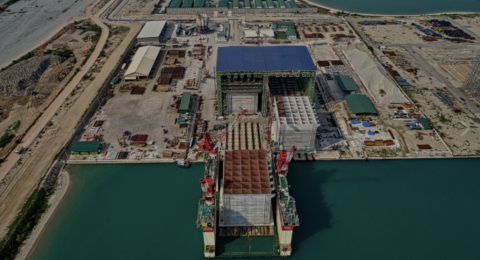The Indian government plans to revoke three orders issued in 2018 that allowed foreign-flagged ships to transport export-import (EXIM) laden containers for transshipment, as well as empty containers for repositioning and agricultural commodities, along domestic routes without a license from the Directorate General of Shipping (DGS). According to existing cabotage rules, India’s coastal trade is reserved for Indian-flagged vessels, permitting foreign ships only when local options are unavailable.
In a draft notice dated October 15, the DGS highlighted that the general orders have significantly affected the Indian container shipping sector and cargo owners. It noted the need to evaluate the impact of these regulations on competitiveness, service costs, and the balance between large and small players. The DGS emphasised that stakeholder feedback will be vital in shaping a regulatory framework that benefits both the shipping industry and cargo owners, fostering a more resilient ecosystem.
Supporting smaller players is critical for maintaining competitive pricing, promoting innovation, and ensuring market resilience, according to the DGS. The government’s decision aligns with the Maritime Amrit Kaal Vision 2047, which advocates for reversing the 2018 orders.
This move comes amid increasing pressure from exporters for the establishment of a national container shipping line to reduce reliance on foreign shipping companies. On October 1, the DGS announced that Vessel Sharing Agreements (VSAs) in the container shipping industry may be exempted from India’s antitrust law for three years, provided that a minimum of 5% of total space is allocated to Indian-flagged vessels and non-vessel operating common carriers (NVOCCs).
The DGS pointed out that Indian container shipping had demonstrated steady growth before the 2018 orders, with local operators actively serving domestic and regional trade routes. However, following the implementation of these orders, the sector faced stagnation, with only about 30 container ships currently registered under the Indian flag, nearly half of which are owned and operated by Indian companies.
The DGS also noted that the regulatory framework established by the 2018 orders may have fostered an uncompetitive environment for Indian shipping companies, contributing to their market share decline. As a result, the industry has grown increasingly reliant on foreign vessels for goods transportation.
The regulator emphasised that protecting smaller players in markets dominated by larger competitors is essential for fostering a competitive and diverse ecosystem. Smaller companies are often more agile and can offer specialised services that meet localised demands. Ensuring their presence is vital for maintaining consumer choice and promoting innovation.
The DGS concluded that a robust base of smaller players enhances market resilience, reducing vulnerability to disruptions caused by major competitors. Additionally, supporting small businesses fosters localised economic growth, job creation, and regional development, thereby contributing to a more equitable and sustainable economy. By implementing policies that level the playing field, the government can ensure that smaller players remain viable, enhancing the overall competitiveness of the marketplace.
Source: ET Infra







